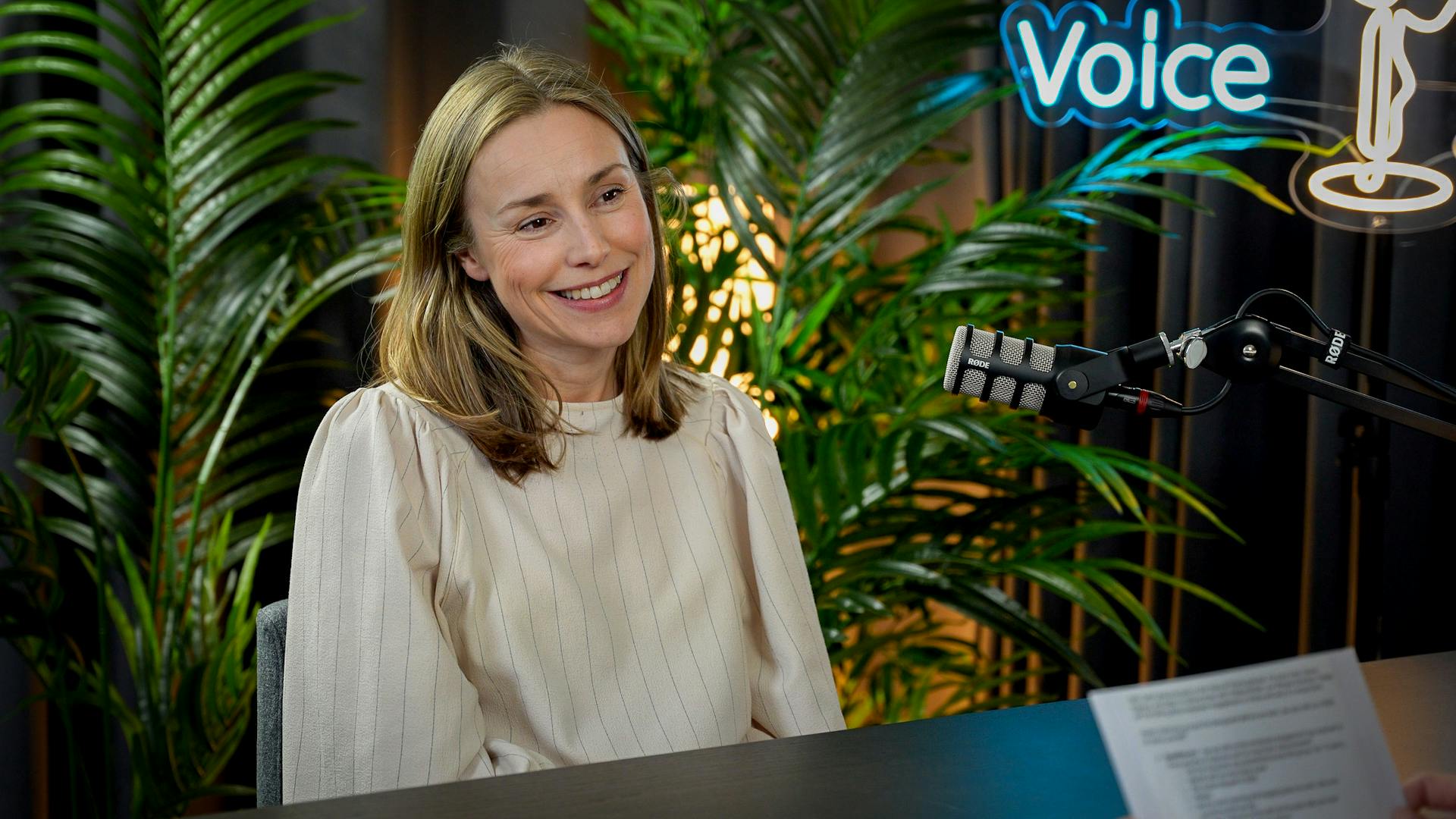Article
Diversity is key: Why team composition matters in cycling and software development
11/7/2023
min read
Business insights, Team Visma | Lease a Bike
Article
Diversity is key: Why team composition matters in cycling and software development

This article was written when Visma was co-sponsor of Team Jumbo-Visma. Today, Visma is first title sponsor of Team Visma | Lease a Bike.
The Tour de France is one of the most gruelling cycling races in the world – testing the limits of the riders both physically and mentally. Team Jumbo-Visma knows that, to win, they must have a diverse set of riders who can work together and complement each other’s strengths and weaknesses. In much the same way, software development teams must have a diverse group of developers who bring different perspectives and skills to the table to create the best solutions for their customers.
How Team Jumbo-Visma leverages diversity for success
Take a minute to watch this clip of Team Jumbo-Visma riders – Jonas Vingegaard, Anna Henderson, Riejanne Markus, and Rohan Dennis – discussing the importance of diversity in cycling:

A cycling team’s success often depends on the ability of each rider to bring their individual strengths and also to work together as a cohesive unit. Some riders may excel at climbing, while others are better suited to flat terrain or time trials. Both are important at various stages of the race. It’s also important to have directors and managers that put the team together, using each rider’s strength to its greatest potential to reach the goal.
“If you only have climbers, you have nobody to pull on the flat. If you only have guys for the flat, you don’t have any climbers to help in the mountains. It’s important to have someone for each terrain.”
Jonas Vingegaard, 2022 Tour de France winner
The same is true in software development. A diverse team – in terms of culture, gender, age, and experience – brings a wide range of skills and perspectives to the table. When they work together and contribute their unique points of view, they’re more likely to challenge each other’s assumptions and generate innovative new solutions.
As we’ve seen for many years, innovation often leads to more satisfied customers and higher revenue growth. In fact, research from the Boston Consulting Group (BCG) in 2018 found that companies with above-average diversity scores generated 19% more revenue from innovation. Simply put: diverse teams create products and services that meet the needs of a more diverse customer base – and that’s the key to success.
Take, for example, a team that’s made up of only young male developers. That team may overlook issues that are important to women or people from an older generation. Why? Because they don’t know what they don’t know. There’s nobody on the team to raise issues that are unique to other users. On paper, homogeneous teams might seem great because they agree on most things, move quickly, and view solutions through the same lens. But, in reality, challenges to the current ways of thinking and working are necessary to refine and improve the entire process. That’s the only way teams evolve, grow, and come up with solutions that truly make a difference.
“A diverse workforce will give a better user experience and bring better products.”
Merete Hverven, CEO of Visma
So, whether you’re on a bike or behind a computer screen, commit to embracing diversity in all forms. Because bringing together a group of individuals with different strengths, perspectives, and backgrounds will lead to greater success.
Learn more about how we support Team Jumbo-Visma as a proud title sponsor, both on and off the track.
About the episode
Diversity,Software development,Team Visma | Lease a Bike
Voice of Visma
We're sitting down with leaders and colleagues from around Visma to share their stories, industry knowledge, and valuable career lessons. With the Voice of Visma podcast, we’re bringing our people and culture closer to you. Welcome!






























































































































































































































